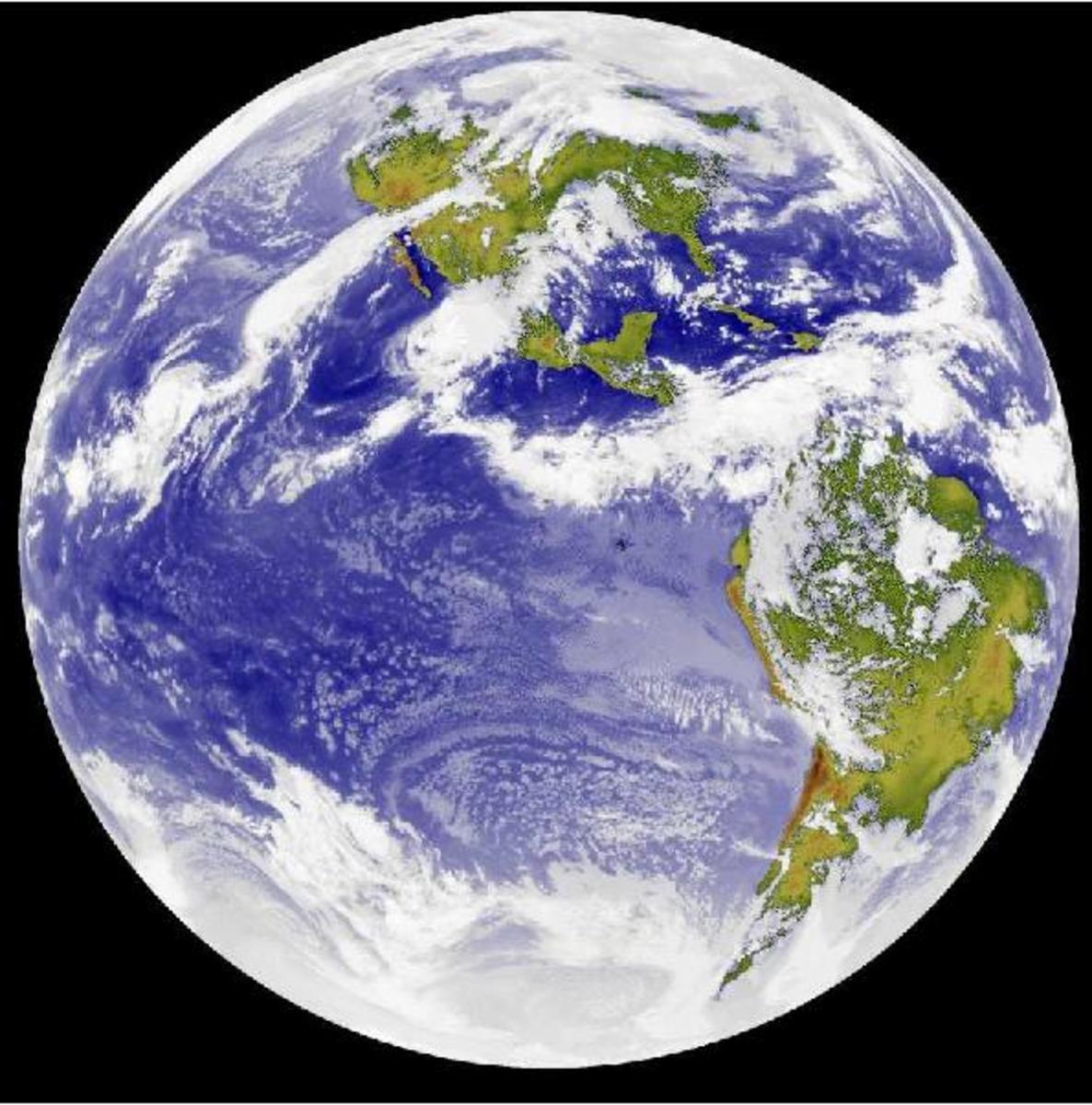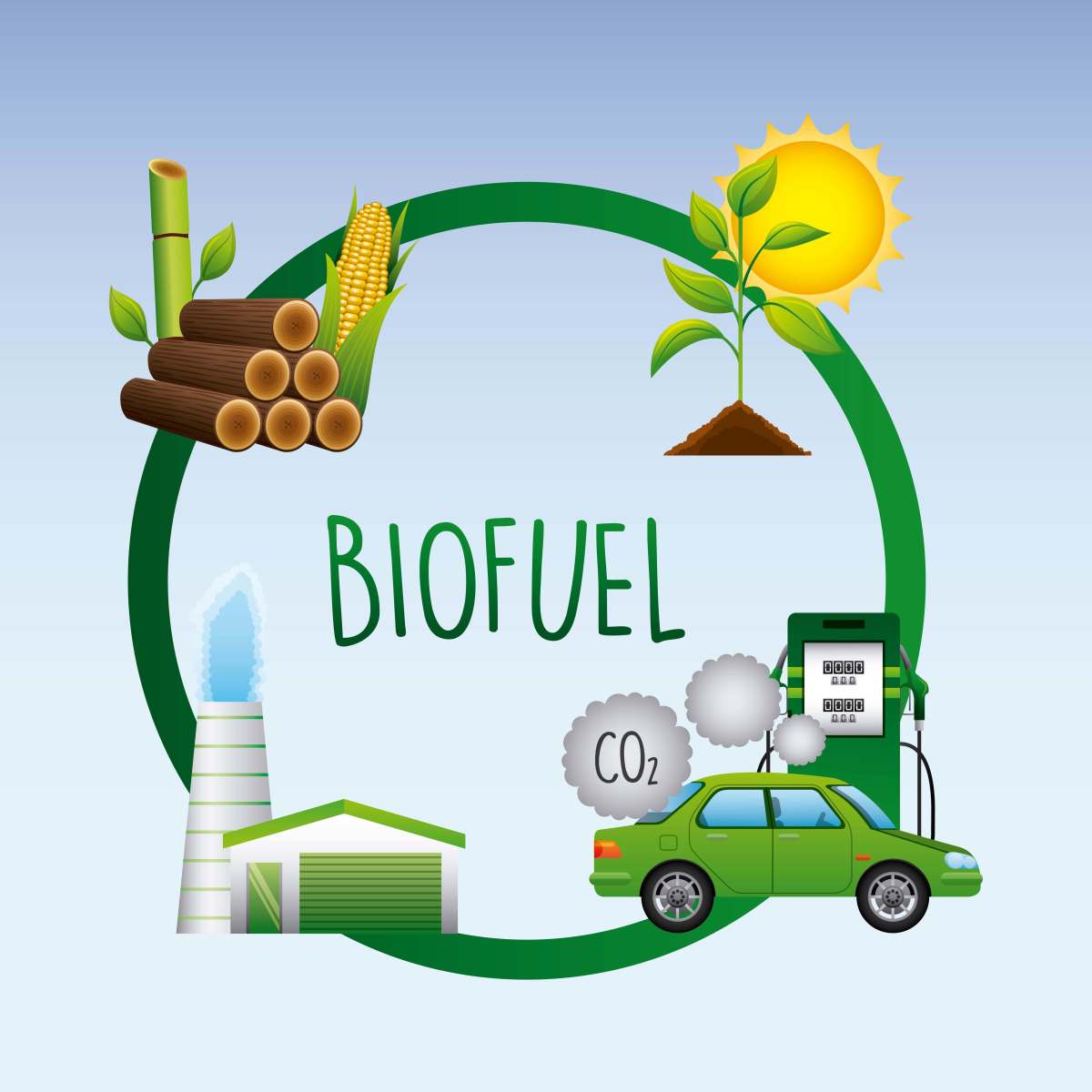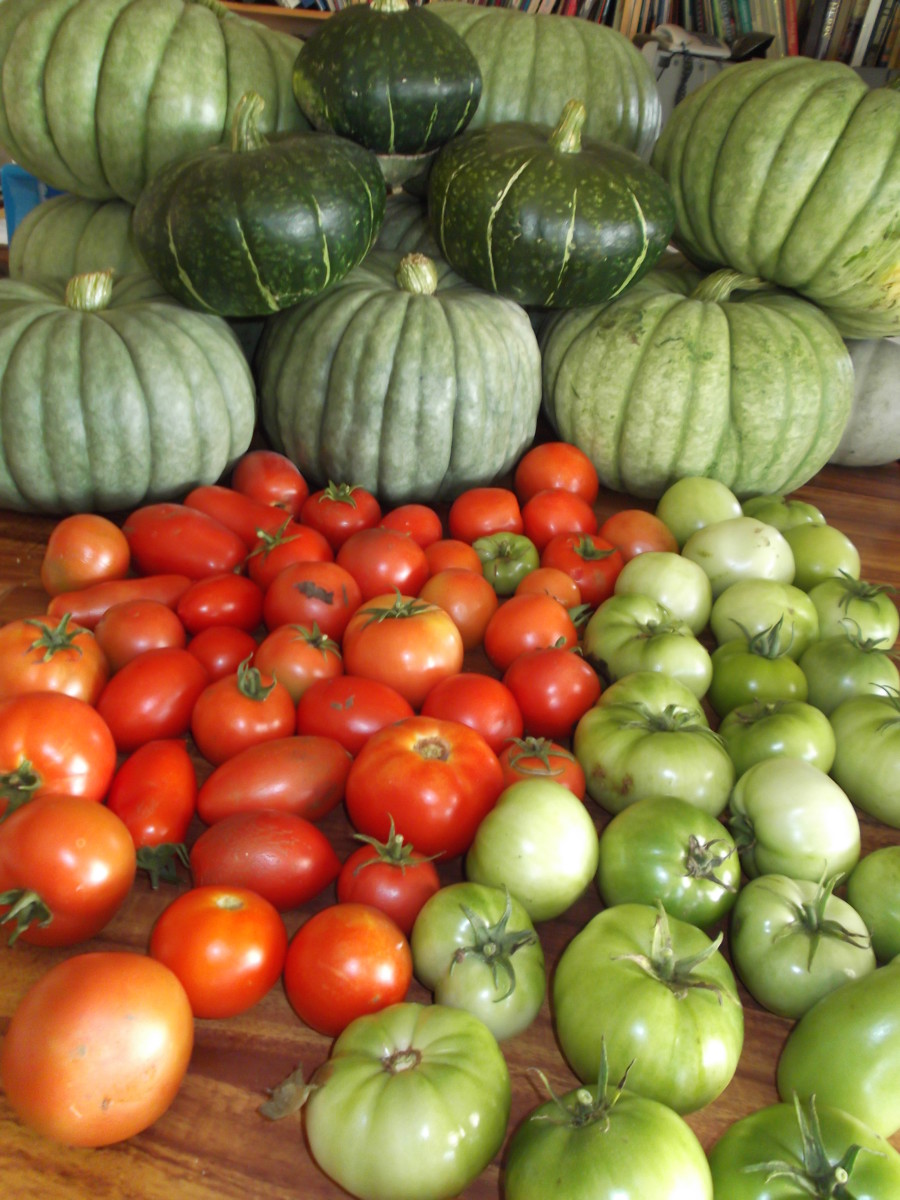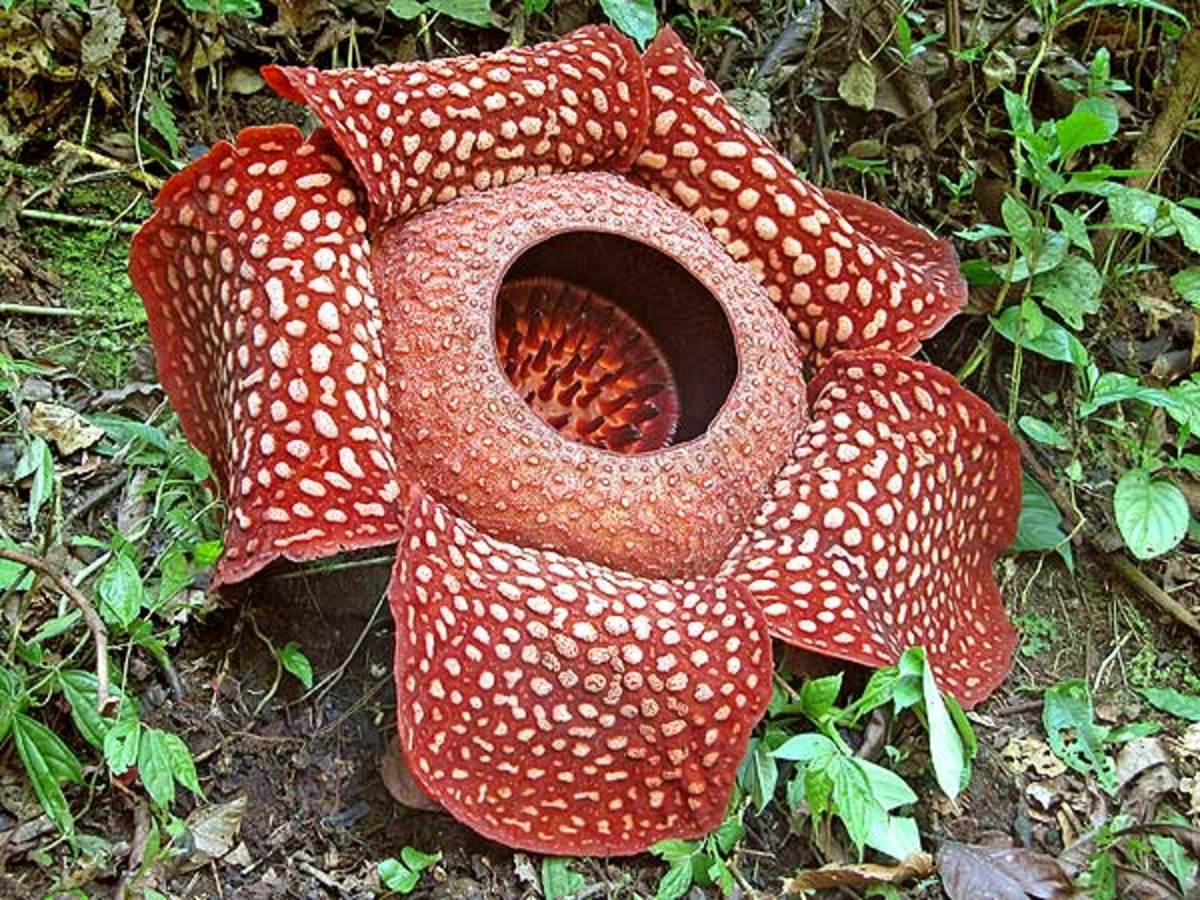7 Steps To a Greener Lifestyle
A Green Life--It’s Not Rocket Science
Want to live greener, and contribute to a sustainable economy and a healthier world?
Want to reduce your impact on our planet? Just a few small steps can often have very good results.
Here is a simple 7-step plan with practical advice that you take today to get started.
A greener life does not just benefit the climate, soil and oceans. It has other effects like making you a healthier you, and even saving you some money too.
1. Cut Down on What You Turn On
Energy reduction is one of the most popular ways to save the planet. By using less energy, while reducing coal-fired there will be fewer greenhouse gases and particulates in the air. This is not only better for the environment but better for our respiratory tract. Energy is costly and the less of it you consume the more money is left over for other things.
Moreover, the transition to sustainable green energy is much easier if you need less energy. The lower your energy needs, the fewer solar panels or wind turbines are needed!
Saving energy is a mindset, it is a habit. You can accustom yourself to using energy sources such as electricity, gas, timber, oil, coal, diesel and gasoline sparingly. Ensure that the energy from these sources are not wasted :
- Replace light bulbs with compact fluorescent or LED lamps
- Turn off appliances and lights when not in use.
- Turn down your refrigerator, defrost your freezer regularly
- Insulate your house better, heat only in areas where needed
- Choose electronics with an energy label A

2. Water is Precious so Preserve It
Sweet, pure and safe water is scarce and likely to be much scarcer. Possible new water treatment and desalination technologies may change that in the future, but right now you can make your contribution to the natural water cycle by being economical with water. This saves you money and contributes if even a little bit, it all adds up:
- Use water-saving taps and shower heads
- Never let water flow unnecessarily (eg when brushing teeth)
- Collect rainwater in the garden for your plants and to flush your toilet with
- Never flush medicines, tampons, sanitary towels and other harmful substances down the toilet
- Prevent pollution, use of green cleaning products; do not wash your car on the street but in a car wash where the polluted water is collected and purified
3. Look for Organic Vegetables
The disadvantage is that these toxins are found in the crops. Washing only helps a little, because the poison is in the crops grown. In addition, the massive use of chemicals worldwide has led to serious soil erosion, soil pollution, groundwater pollution and eventually polluting our oceans.
The ecosystem is not separated into compartments--rather it is a complete, whole, one part affects all the other parts in greater or lesser degree. Groundwater ends up in creeks, streams into rivers, oceans, rivers, oceans and ultimately our food. The chemicals are harmful to humans and animals, and are an unwanted by-product of intensive farming.
For your own health and that of the planet, you should choose organic fruits and vegetables. In the production of organic crops since no chemical pesticide is used, the land is not unnecessarily depleted.
- Choose organic fruits and vegetables in the supermarket
- Rebuilding a part of your own fruit and vegetables in the garden or on your balcony
- Choose processed products based on organic crops (such as coffee and organic tea )
- Buy organic eggs
- Try to get your vegetables from a local organic farmer
4. Eat Organic Meat and Eat Less of It
Factory farming (not to be confused with organic farming) meets the consumer demand: a lot of meat for a low price.
To achieve this, huge amounts of antibiotics used to rapid growth (which bacteria become resistant, and possibly a threat to humans), a large share of global agricultural land available for the production of animal feed (4 kilograms of feed provides a kilo of meat), is unfair competition with poor countries.
Live animals are seen as a product created for human consumption.
In organic farming aims at a more humane and natural meat production. Animals are not stuffed with hormones and medicines. They eat organic feed, can graze freely and are treated more respectfully. At least the animal has had a decent life, and you eat healthy and natural meat when you do eat meat.
By not eating meat you take yourself completely out of this production.However, by the power of your wallet, you can help to transform this industry. Below are some things you can do.
- Eat less meat and choose more (organic) vegetables
Choose smaller portions of meat per person
- Only buy fish from sustainable fisheries
- Limit the number of processed products
5. Green Home Green Power Green Planet
- Switch to green power from your energy supplier (i.e.wind power)
- Choose sources offset CO2 gas emissions
- Encourage other people to switch to green power
6. Choose durable products
So you want to know a little bit about how things are made, by whom, and how they end up with you. Choose products that are part of the solution, not the problem.
The world is full of non-durable products, but this is slowly changing. Take a minute to read labels , and try to choose products will heal the earth rather than harm it:
- Invest in products that charge the earth the least, be critical of what you buy
- Do not buy unnecessary products with high impact on the planet, ask yourself how things are made
- Make energy efficiency a priority when purchasing your next car, kitchen, home, computer, television etc.
7. Wake Up and Smell the Waste!
Did you know that plastic can not be degraded by nature? What currently occurs in the ocean can be described as a plastic soup . Plastic waste (DVD boxes, plastic bags, packaging, styrofoam, etc.) breaks down into small particles, but does not perish entirely. The water is filled with chemicals harmful to the animals who come into contact them.
About 40% of the seabirds eat plastic, probably by accident. Larger animals eat whole bags, because they resemble jellyfish.(i.e. the sea turtle)
Waste is a byproduct of our society, and it is a product that we have to minimize on producing. Companies need the Cradle to Cradle design as their philosophy where mother nature takes over and if you can consciously deal with the waste you generate then do it:
- Drink tap water or filter it yourself. Bottle Water is a heavy burden on our climate (bottling, transport) and on our ecology (plastic bottles)
- Give preference to products that may be degraded in nature (wood, paper, cardboard, iron)
- Separate your waste as possible (glass, organic waste, chemical waste, paper, batteries, cooking oil, old oil, plastic, garbage, etc.)
- Do not just throw stuff away! If you can not sell it, give to friends or the charity or otherwise reuse it.
- Buy more items through markets or charity shops

Take positive steps toward a green lifestyle
The above seven steps provide a strong beginning to a greener lifestyle. And while you're changing your habits and finding new sustainable ways to live, you can be a source of information and inspiration for other people.
- Healthy Beverages - For the Active Lifestyle
We all have heard it before. Healthy eating and exercise is the key to good health, but what is often overlooked is healthy drinking. One of the least popular and most important drinks is water. The human body and the brain is mostly water. Since... - Frugalism & the Green Lifestyle, baby steps!
I have gone from recipes and food tips, to budgets, to green lifestyles, all of it fueled by the simple need to trim my budget and share those ideas. I guess the genie is really out of the bottle now, because I find I have added a bit of green to... - How to go green - make your own laundry detergent an...
Going green can save you money as well as save the planet. Try these quick tips to make your own laundry detergent and dish soap.








